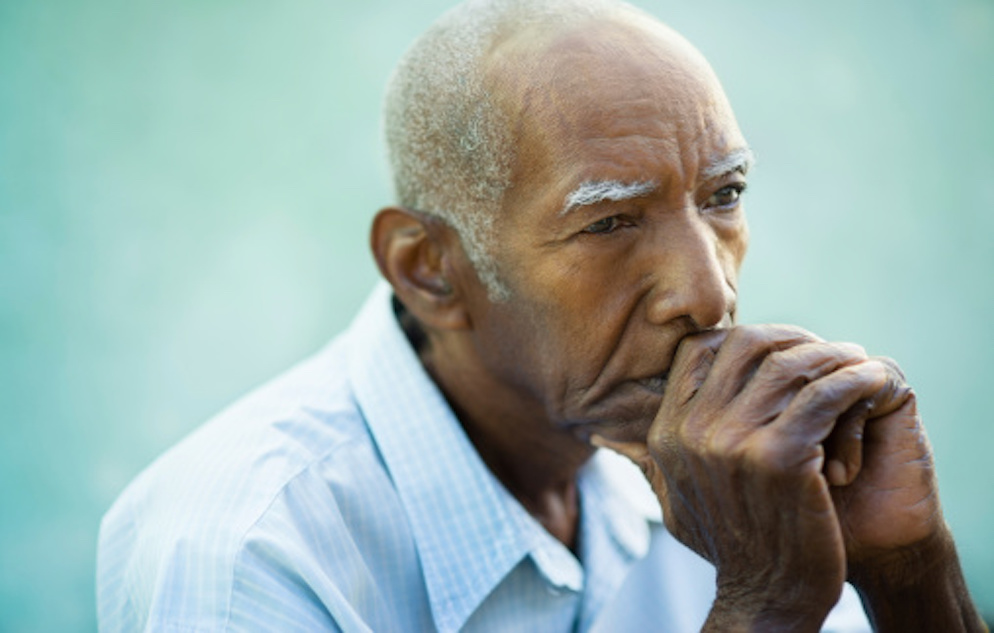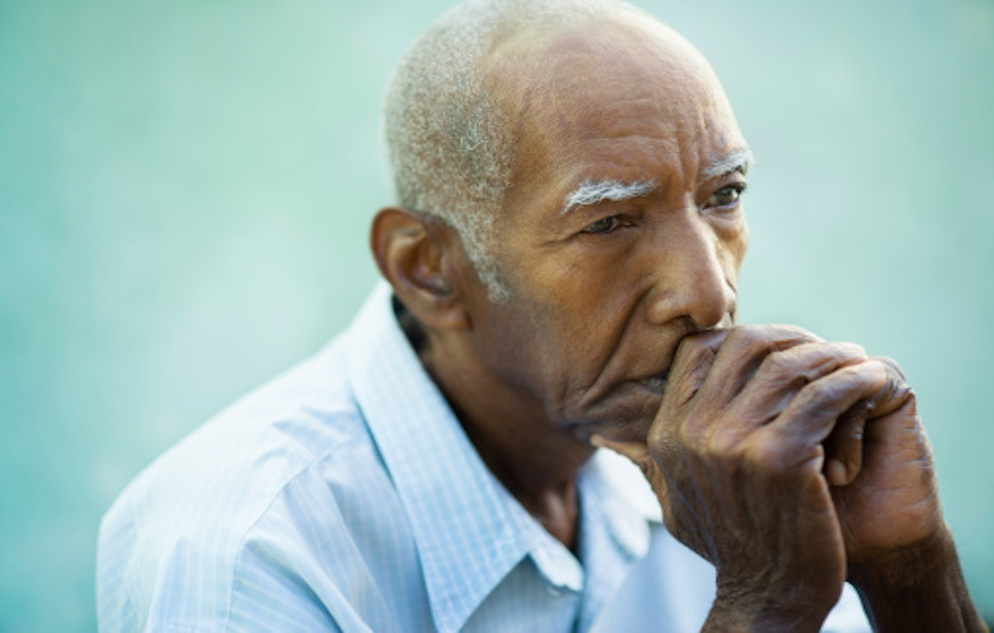 Dr. Luisa Borrell, Professor of Epidemiology at the CUNY Graduate School of Public Health and Health Policy, has published a study with colleagues that examines the effect of perceived discrimination and self-rated health among the immigrant population in the Basque Country, Spain. The researchs examined whether the association between perceived discrimination and self-rated health varied according to region of origin, age, sex and education. The work was published in Gaceta Sanitaria.
Dr. Luisa Borrell, Professor of Epidemiology at the CUNY Graduate School of Public Health and Health Policy, has published a study with colleagues that examines the effect of perceived discrimination and self-rated health among the immigrant population in the Basque Country, Spain. The researchs examined whether the association between perceived discrimination and self-rated health varied according to region of origin, age, sex and education. The work was published in Gaceta Sanitaria.
This was a descriptive cross-sectional study. The study population included immigrants aged 18 and older residing in the Basque Country. Data from the 2014 Foreign Immigrant Population Survey (n=3,456) were used. Log-binomial regression was used to quantify the association between perceived discrimination and self-rated health before and after checking for the selected characteristics.
The study found that roughly 1 in 10 immigrant adults reported perceiving discrimination. In adjusted analyses, the immigrants perceiving discrimination were almost 2 times more likely to rate their health as poor than those who did not report discrimination. This association did not vary according to region of origin, age, sex or educational level.
Perceived discrimination showed a consistent relationship with perceived health. The research team concluded that the results show the need for implementing inclusive policies to eliminate individual and institutional discrimination and reduce health inequalities between the immigrant and native populations.




